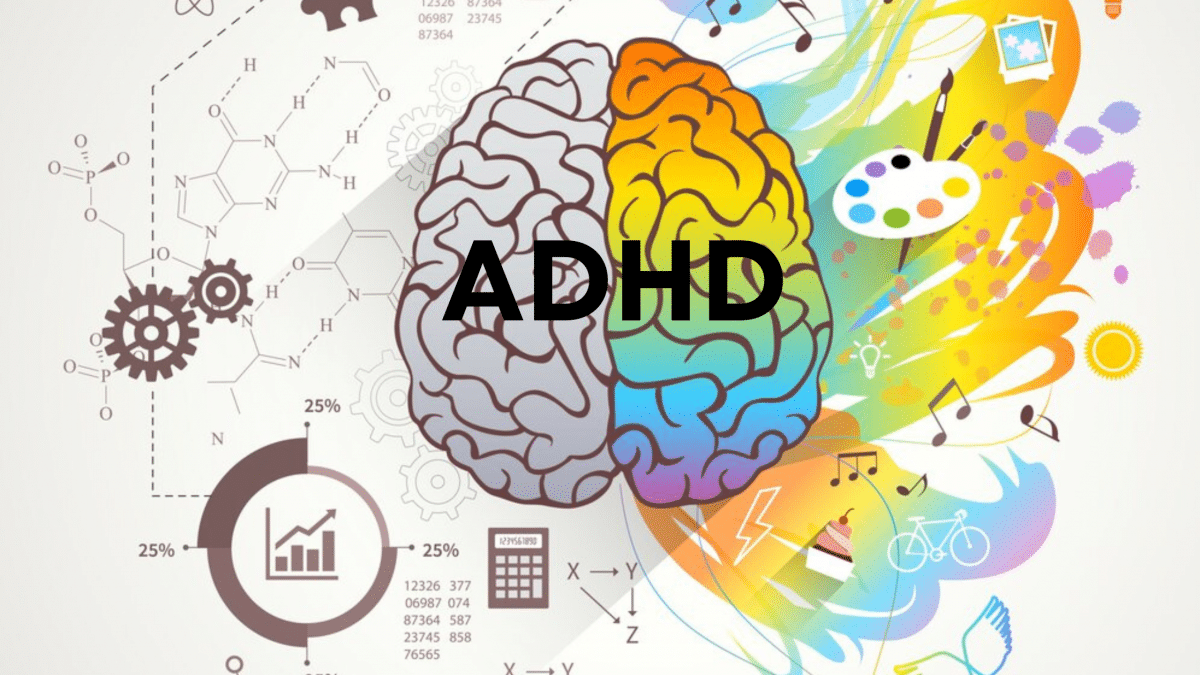The Insomnia Paradox: How Lack of Sleep Can Actually Fuel Your Stress
In today’s fast-paced, 24/7 world, sleep often becomes a luxury that many people can’t afford. Whether due to work demands, personal stress, or simply the distractions of modern life, sleeplessness has become a widespread problem. However, what many don’t realize is that the relationship between sleep and stress is far more complex than a simple cause-and-effect scenario. In fact, lack of sleep can actually contribute to an increase in stress, creating a vicious cycle that can be difficult to break. This phenomenon is known as the “insomnia paradox,” where insufficient sleep not only worsens stress but can also make it harder to manage the very pressures that lead to sleeplessness in the first place.
The Complex Relationship Between Sleep and Stress
At the core of the insomnia paradox is the intricate connection between sleep and the body’s stress response system. The body’s reaction to stress is primarily controlled by the hypothalamic-pituitary-adrenal (HPA) axis, a series of interactions among hormones and the brain that help the body deal with stress. When under stress, the body releases cortisol, the “stress hormone,” which prepares the body for a “fight or flight” response. Cortisol levels are naturally highest in the morning and lower in the evening, helping to regulate sleep and wake cycles.
However, sleep plays a significant role in regulating the body’s response to stress. A lack of sleep, especially chronic sleep deprivation, can lead to dysregulation of the HPA axis, causing cortisol to remain elevated even during periods when it should be low. This continuous state of heightened alertness can prevent the body from achieving the restorative effects of sleep, leading to further sleep disruption and escalating stress. It’s a cycle that compounds itself over time, creating an ever-deepening problem of poor sleep and high stress.
The Role of Stress in Sleep Disturbance
On the flip side, stress itself is one of the most common causes of insomnia. When people are stressed, their minds race with worries, anxieties, and unresolved issues. These thoughts can prevent them from falling asleep, or they may wake up in the middle of the night and find it difficult to return to rest. The physical effects of stress can also make it harder to sleep. For instance, stress triggers the release of adrenaline, a hormone that prepares the body for action, which can make people feel more alert and physically tense at night.
In fact, the mental and physical effects of stress can create a vicious loop. When a person is unable to sleep due to stress, their cognitive function, mood regulation, and emotional resilience become impaired. The resulting sleep deprivation then increases the person’s vulnerability to stress, making it harder for them to cope with the pressures of daily life. This interaction forms the core of the insomnia paradox: the inability to sleep fuels the very stress that prevents sleep in the first place.
Sleep Deprivation and Cognitive Function
One of the most significant consequences of chronic sleep deprivation is the toll it takes on cognitive function. Studies have shown that lack of sleep impairs decision-making, memory, problem-solving, and emotional regulation. This impairment can lead to heightened stress as individuals become less able to effectively manage their responsibilities or respond to challenges in a calm, rational manner.
Sleep is vital for consolidating memories and processing emotions. When people don’t get enough rest, they have trouble distinguishing between major and minor stressors, often reacting to relatively minor issues as if they were catastrophic. This overreaction to stress can then exacerbate feelings of anxiety, leading to even more stress and further disturbances to sleep. This creates a feedback loop where poor cognitive functioning due to sleep deprivation increases stress, which in turn makes it even more difficult to get the restful sleep needed to restore proper mental function.
The Impact on Emotional Regulation
The emotional toll of sleep deprivation cannot be understated. Lack of sleep has been linked to increased irritability, mood swings, and difficulty regulating emotions. When individuals are sleep-deprived, their amygdala—the part of the brain responsible for processing emotions—becomes more reactive, while the prefrontal cortex, which helps control emotional responses, becomes less active. This imbalance makes it much harder to stay calm and composed in stressful situations.
Sleep deprivation can also amplify negative emotions, such as worry and anxiety. This heightened emotional reactivity can further fuel stress, leading to even more insomnia. For example, someone who is already feeling anxious about a looming deadline may experience increased anxiety after a night of poor sleep, which can make it even harder to focus the next day, leading to more worry and a further reduction in the ability to sleep. This emotional dysregulation can significantly reduce an individual’s overall sense of well-being and increase susceptibility to mental health disorders like anxiety and depression.
Chronic Stress and Long-Term Health Consequences
Both chronic stress and prolonged sleep deprivation have serious long-term health implications. Over time, persistent sleep deprivation and elevated cortisol levels can lead to a host of health issues, including heart disease, high blood pressure, diabetes, and obesity. Stress can also suppress the immune system, making the body more susceptible to illness and slowing down the recovery process after injury or illness. In addition, chronic insomnia can contribute to the development of mental health disorders such as depression, anxiety, and even psychosis.
The combination of long-term sleep deprivation and chronic stress can create a cycle that negatively impacts every aspect of a person’s health, both physically and mentally. The inability to sleep exacerbates stress, while stress makes it harder to sleep, leading to a dangerous downward spiral. To break this cycle, individuals must not only address the root causes of their stress but also prioritize healthy sleep habits.
Breaking the Insomnia Paradox
The good news is that it is possible to break the insomnia paradox, but it requires a multifaceted approach. One of the most effective ways to improve sleep and reduce stress is through the practice of relaxation techniques. Mindfulness meditation, deep breathing exercises, progressive muscle relaxation, and guided imagery can help calm the mind and prepare the body for restful sleep. These practices not only reduce the physical and mental tension caused by stress but also help regulate the HPA axis and lower cortisol levels, thereby improving both sleep and stress management.
Cognitive-behavioral therapy for insomnia (CBT-I) is another proven method for addressing sleep disturbances caused by stress. CBT-I helps individuals identify and change the negative thought patterns and behaviors that contribute to insomnia. This therapy also educates individuals about proper sleep hygiene, such as creating a relaxing bedtime routine, limiting caffeine intake, and establishing a consistent sleep schedule.
Physical activity is another crucial component of breaking the insomnia paradox. Regular exercise has been shown to improve both sleep quality and stress levels. Exercise helps reduce cortisol levels, promotes the release of endorphins (the body’s natural mood elevators), and can tire the body in a healthy way, making it easier to fall asleep at night. However, it’s important to note that exercise should be timed appropriately; vigorous exercise too close to bedtime may have the opposite effect and hinder sleep.
Finally, creating a healthy sleep environment is essential. The bedroom should be a sanctuary for rest, free of distractions like electronic devices or excessive light and noise. Investing in a comfortable mattress and pillows, and ensuring the room is kept cool and dark, can also improve sleep quality and help reduce stress levels.
Conclusion
The insomnia paradox—where lack of sleep fuels stress and stress prevents sleep—is a common, yet often misunderstood, issue. The connection between sleep deprivation and heightened stress is rooted in complex biological and psychological processes that create a vicious cycle. Breaking this cycle requires a holistic approach that addresses both the physical and mental aspects of stress, as well as establishing healthy sleep habits.
While the challenges of modern life can make it difficult to manage stress and prioritize sleep, understanding the interconnectedness of these two factors is the first step toward better health and well-being. By incorporating relaxation techniques, therapy, physical activity, and sleep hygiene practices, individuals can begin to break free from the insomnia paradox and restore both their sleep and stress levels to a more balanced state. Ultimately, improving sleep is not just about getting more rest; it’s about creating a foundation for better stress management and overall mental and physical health.














Post Comment